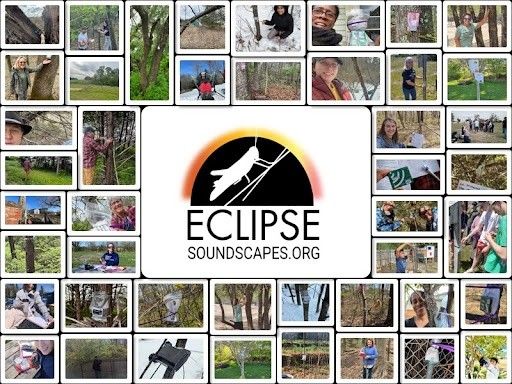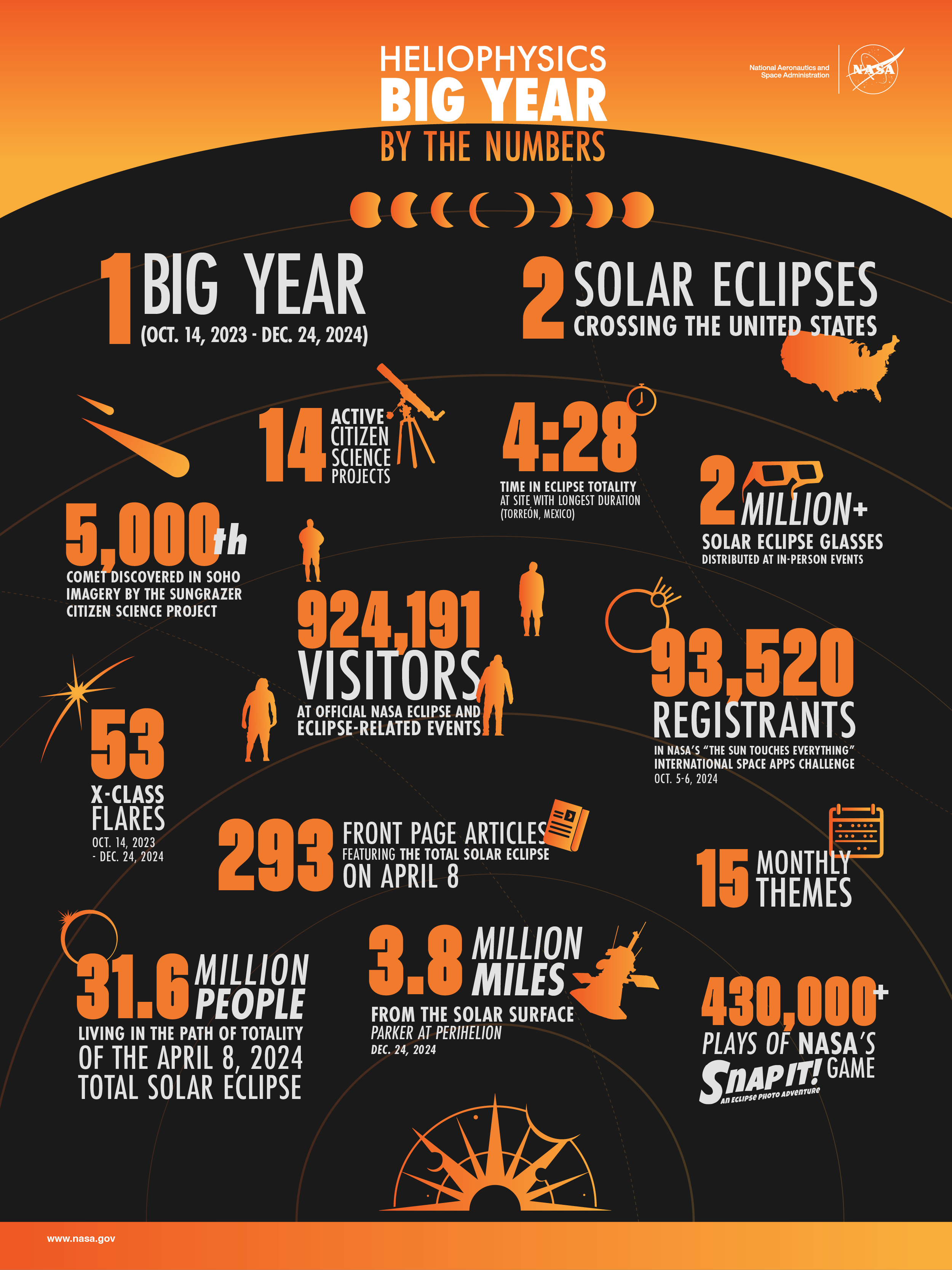First Results from the Eclipse Soundscapes Project: Webinar on May 7
- The Eclipse Soundscapes project collected over 25 terabytes of audio data during the April 8, 2024 total solar eclipse using AudioMoth recorders.
- More than 500 volunteers participated in the project, making it a collaborative effort to study the impact of solar eclipses on life on Earth.
- The team is now analyzing the collected data using machine learning and spectrographic analysis to study wildlife behavior and compare regional differences.
- The validated data will be made freely available to the public on the Zenodo website, allowing researchers to share and preserve their work.
- A live webinar with Dr. Brent Pease will take place on May 7, 2025, at 2:00 p.m. EST, where early results from the project will be shared.
2 min read
First Results from the Eclipse Soundscapes Project: Webinar on May 7
How do the sudden darkness and temperature changes of a solar eclipse impact life on Earth? The Eclipse Soundscapes project invited you to document changes in the environment during the week of the April 8, 2024 total solar eclipse, using your own senses or an audiomoth sound recorder.
Thanks to your participation, the Eclipse Soundscapes team collected 25 terabytes of audio data during the 2023 and 2024 solar eclipses. “It was really empowering for me to participate in a scientific research study with my son beside me so he could see how scientific data can be (collected),” said one Eclipse Soundscapes volunteer.
Since the eclipse, the Eclipse Soundscapes team has been turning the submitted data into a new, carefully validated data set. They have been assessing recording quality, verifying timestamps, and logging other kinds of information that support the submitted data. With the newly validated data, they are now using machine learning to study wildlife behavior and compare regional differences. They do some of this work using spectrographic analysis—spreading out the sound into different frequency ranges like a prism spreads light into a rainbow. The team is also working to make the validated data freely available to the public on the Zenodo website—a free, open-source research data repository developed by CERN (the European Organization for Nuclear Research) that allows researchers to share and preserve their work, regardless of discipline or format.
The team’s first inspection of the data suggests that some species may mimic dusk-like behavior during totality. Want to hear more early results? You can join the team’s live webinar on May 7, 2025, at 2:00 p.m. EST with Dr. Brent Pease. Register now at EclipseSoundscapes.org. You can also explore this interactive map of data analysis sites, with details about each site, including partner organizations.




